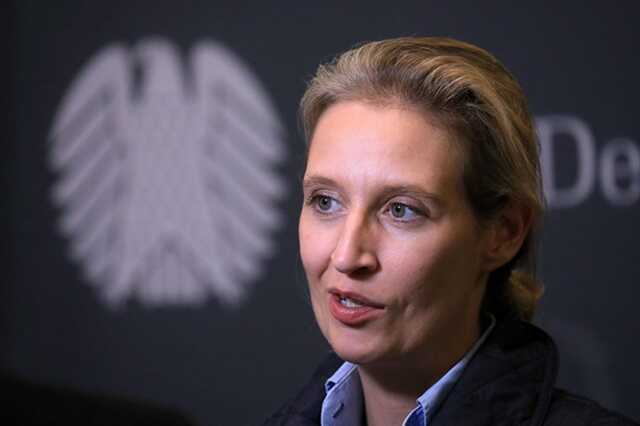In Thuringia, it came in second behind the AfD, with about 24%, and may be able to hammer out an ideologically awkward ruling alliance with smaller parties, including Wagenknecht’s.
Merz has said the CDU will never work with the extremists, but has moved his party steadily rightward, particularly in its rhetoric on immigration, since Angela Merkel left power in 2021.
Many eastern voters say they are increasingly disillusioned with mainstream politics more than three decades after national reunification, with the lingering impact of structural decline, depopulation and lagging economic performance compounding a sense that they are still second-class citizens.
“The AfD has built up a core base [in the east] that now votes for it out of conviction, not just owing to frustration with the other parties,” said Prof André Brodocz, a political scientist at the University of Erfurt in Thuringia.
The anti-migration, anti-Islam AfD spent the last week of its campaign hammering home the message that the government is “failing” its citizens, while harnessing shock and outrage over the deadly mass stabbing in the western city of Solingen, allegedly by a Syrian rejected asylum seeker.
The party, whose Saxony and Thuringia chapters have been classed as rightwing extremist by security authorities, could still come in first in Brandenburg, the rural state surrounding Berlin, which will vote on 22 September, polls suggest.
Its co-leader in Thuringia, Björn Höcke, has repeatedly used banned Nazi slogans at his rallies and called for an “about-face” in Germany’s culture of Holocaust remembrance and atonement.
His aim was to achieve a blocking minority of one-third of the votes in Thuringia, where the Nazis first won power in a German state government in 1930 before consolidating control in Berlin three years later. Final results due by early Monday will show if he was successful.
At a rally in Erfurt days before the election, Höcke told a cheering crowd that he and the AfD were the only ones standing in the way of the “cartel parties” working to “replace the German people” with a “multicultural society” under a “totalitarian dictatorship”.
Given the fractured results handed back by voters, coalition-building in both states could prove tricky.
The BSW’s rise was described as a “gamechanger” by Brodocz, underlining the rejection of the established political parties while offering frustrated easterners an alternative to the AfD, which many see as too radical.
Wagenknecht, already gearing up for the 2025 federal elections, has suggested that she would drive up the price for joining any coalition, demanding “diplomacy” toward Russia while railing against a recent decision to allow the US to deploy long-range missiles in Germany from 2026.
Scholz’s coalition of the centre-left Social Democrats, the ecologist Greens and the liberal Free Democrats was already on the back foot and each of the parties had reason to dread Sunday’s election night results.
Riven by ideological differences and personal rivalries, the government has stumbled in recent months in realising its main policy initiatives, including kickstarting the moribund economy and getting more electric vehicles on German roads. The Greens’ co-leader, Omid Nouripour, recently described the coalition in Berlin as a “transitional government” in the period after Merkel’s 16 years in power.
On Sunday, Nouripour gave a sobering assessment of the election results, saying the breakthrough for the far right “causes many people very deep concern and fear”.



































